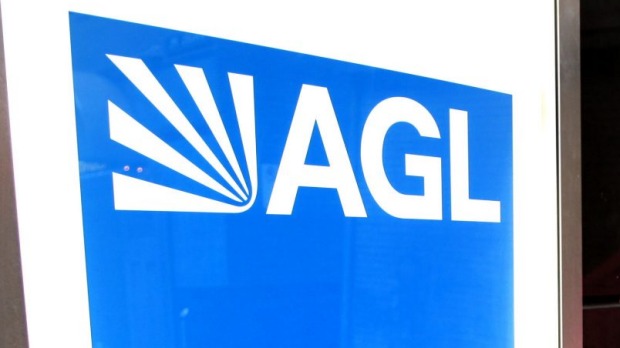-
Tips for becoming a good boxer - November 6, 2020
-
7 expert tips for making your hens night a memorable one - November 6, 2020
-
5 reasons to host your Christmas party on a cruise boat - November 6, 2020
-
What to do when you’re charged with a crime - November 6, 2020
-
Should you get one or multiple dogs? Here’s all you need to know - November 3, 2020
-
A Guide: How to Build Your Very Own Magic Mirror - February 14, 2019
-
Our Top Inspirational Baseball Stars - November 24, 2018
-
Five Tech Tools That Will Help You Turn Your Blog into a Business - November 24, 2018
-
How to Indulge on Vacation without Expanding Your Waist - November 9, 2018
-
5 Strategies for Businesses to Appeal to Today’s Increasingly Mobile-Crazed Customers - November 9, 2018
ECB’s Draghi in focus as markets expect boldness
European Central Bank President Mario Draghi has announced the asset purchase programme will be extended to March 2017 from the original finish date of September 2016.
Advertisement
Speaking to Benzinga, Allianz’s Chief Economist Mohamed El-Erian suggested that the European Central Bank made a decision to “venture deeper into experimental policy terrain” through a more negative deposit rate and extension of the QE asset-purchase program.
Investors reacted with scepticism at the scale of the package, sending the euro up as much as 2.6 per cent and equities and government bonds down.
There is a danger that the markets could be disappointed by the ECB’s news, simply because investors are united in expecting new stimulus measures. QE is now meant to total at least 1.5 trillion euros, up from the original 1.1 trillion euros.
Judging by moves in derivatives and bond markets, investors had expected the ECB to cut the rate it pays on bank deposits by 0.135 percentage point Thursday and to increase its monthly bond-buying by about €12 billion per month, Mr Patel said.
In currencies, the euro gained 2 per cent against the U.S. dollar at $US1.0822.
In Europe, the pan-European Stoxx 600 (^STOXX) index was around 0.71 percent higher on Thursday morning.
The euro meanwhile recovered from close to an eight-month low, jumping to almost 1.09 before settling at 1.0799 after having struck 1.0551 on Wednesday – which was the lowest level since mid-April.
“The ECB should continue to strongly signal its willingness to act and use all the instruments available until its price stability mandate is met”, International Monetary Fund spokesman Gerry Rice said. All economists in a Bloomberg survey had forecast action. He also said it would be broadened to include regional and local debt.
-extended its offer of unlimited short-term credits to banks through the end of 2017.
He also said that proceeds from the various assets bought would be reinvested back into the scheme. In comments Wednesday, Fed Chair Janet Yellen gave an upbeat assessment of the economy’s progress since the Fed’s last meeting in October, describing it as in line with its expectations for the labor market and inflation.
By contrast, Deutsche Bank’s euro TWI is 11.7 percent weaker than in December 2014, and 5.4 percent lower than the 2015 peak seen in August.
The ECB under Draghi, he said, has a “history of exceeding market expectations when it comes to monetary stimulus and I expect the same to happen again today”. “These risks have the potential to weigh on global growth and foreign demand for euro area exports and on confidence more widely”.
The ECB’s stimulus plans, long awaited, came in with a thud on Thursday.
Advertisement
Draghi said the decisions were not unanimous but that there was a very large majority in favor of the moves.





























